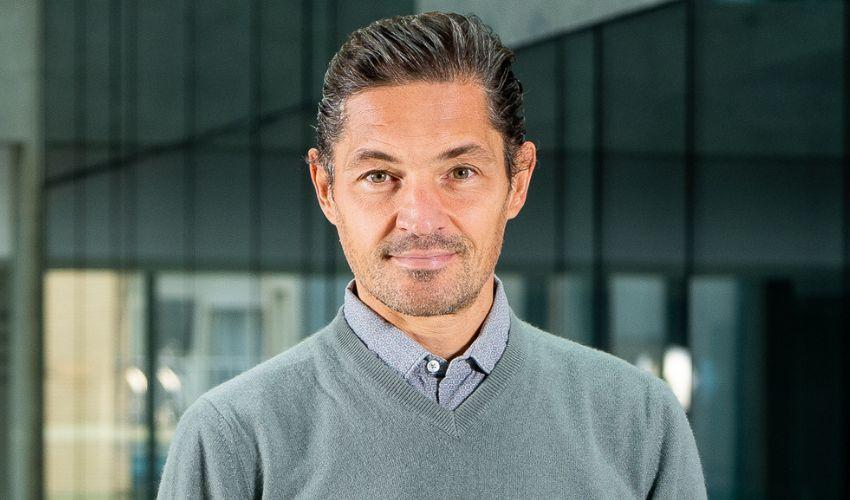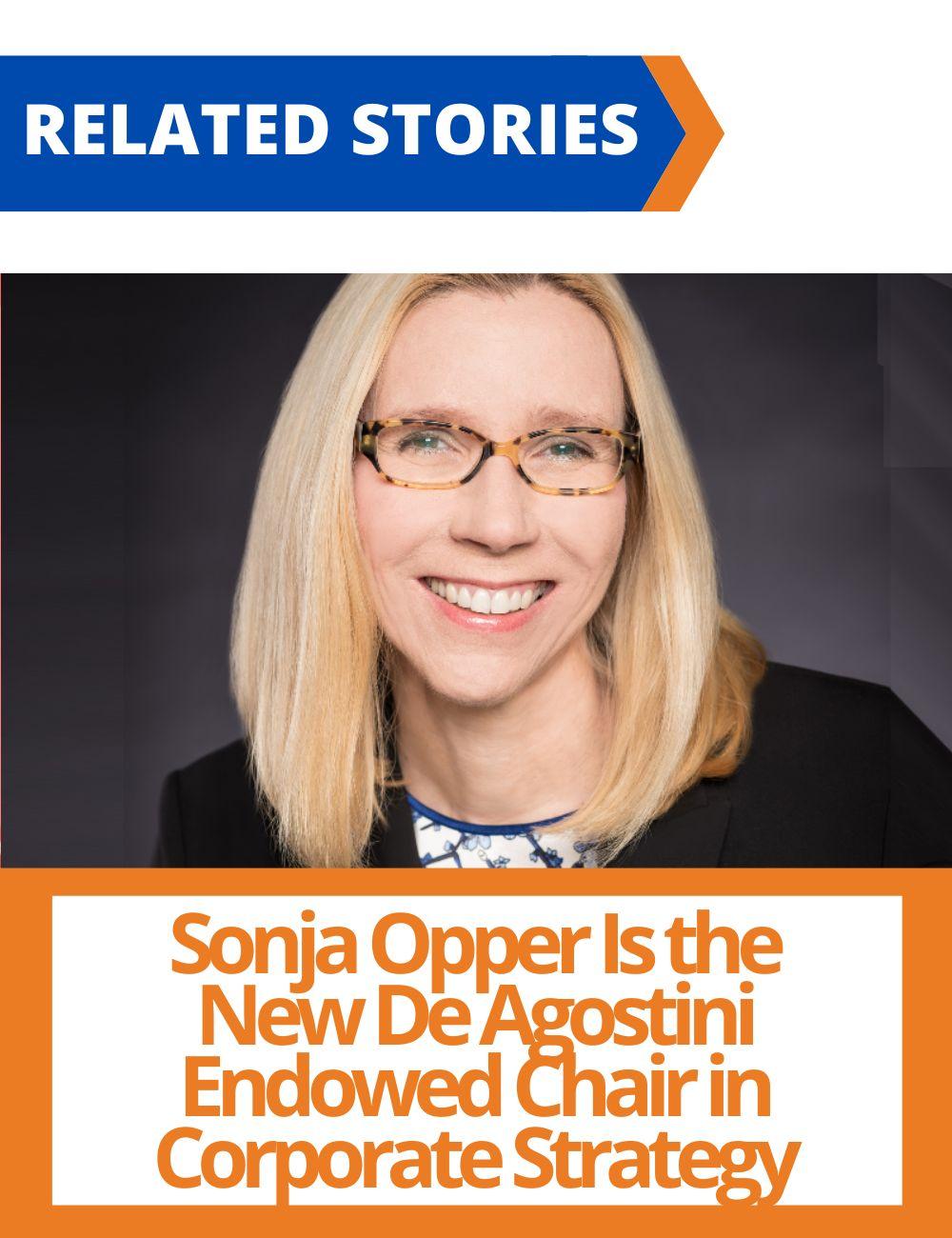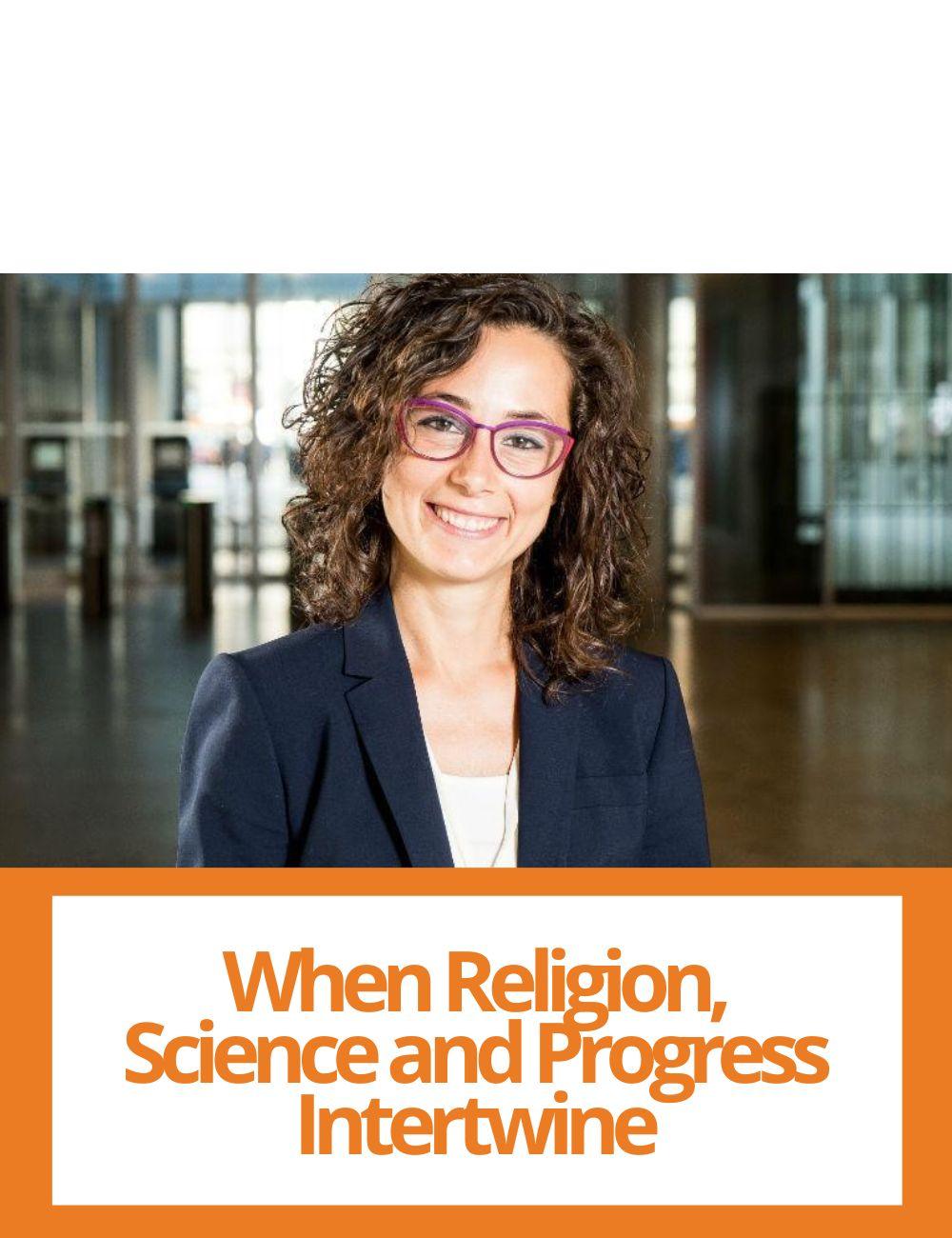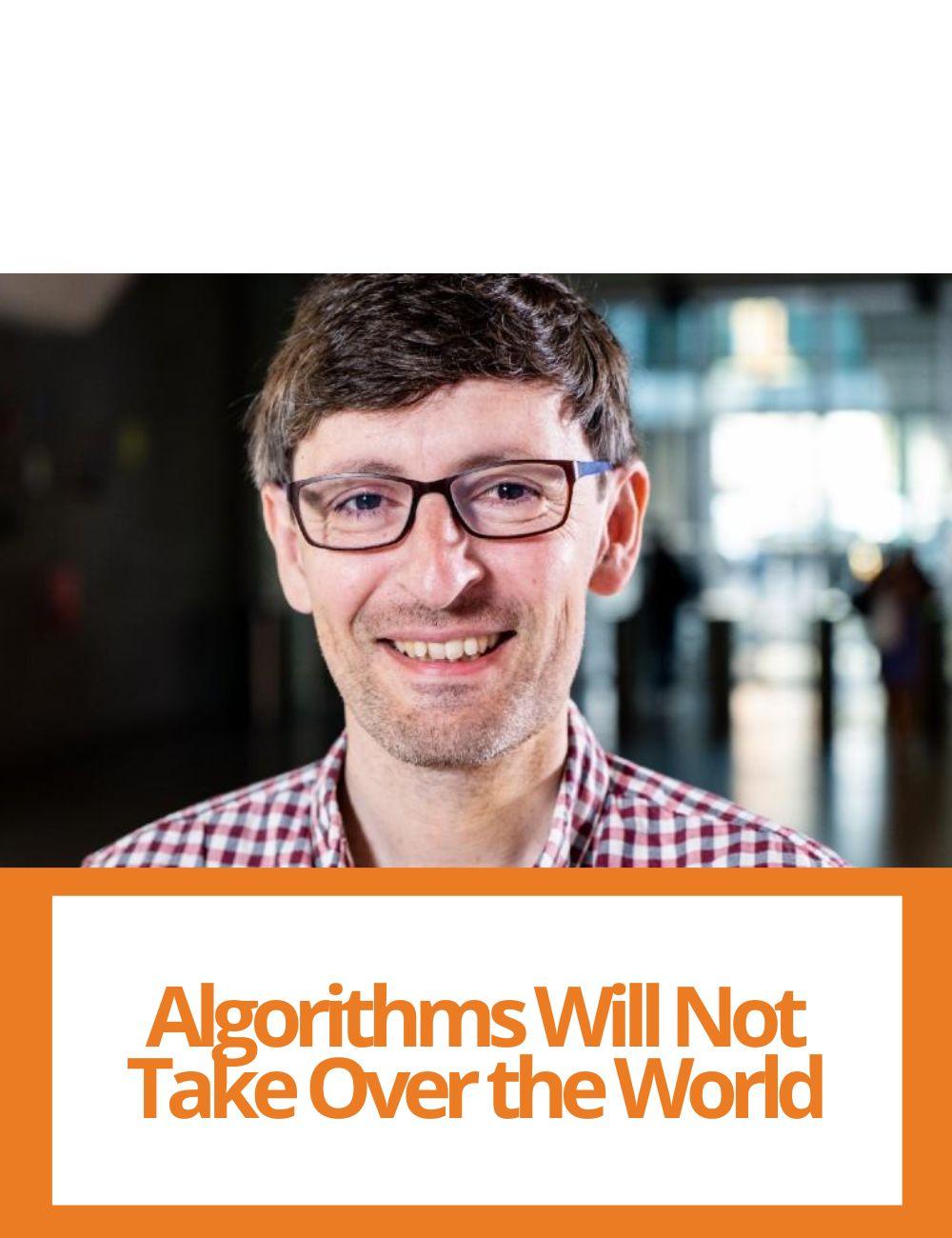
Cognitive Sciences that Help Understand Economics
TODAY MARKS THE INAUGURATION OF THE ROMEO AND ENRICA INVERNIZZI FOUNDATION CHAIR IN BEHAVIORAL ECONOMICS AND FINANCE, HELD BY NICOLA GENNAIOLIWith the Romeo and Enrica Invernizzi Foundation Chair in Behavioral Economics and Finance, which will be inaugurated this afternoon, Bocconi University emphasizes the relevance of cognitive sciences to the study of economics.
Nicola Gennaioli, the professor appointed to hold the Chair, approaches economics and finance in a critical and innovative manner, as he will clarify in the Inaugural Lecture (Aula Manfredini, via Sarfatti 25, 6:15 pm). The launch event will also feature Michael Kahana (Edmund J. and Louise W. Kahn Term Professor of Psychology, University of Pennsylvania) and Giovanna D'Adda (University of Milan), in addition to the President of the Romeo and Enrica Invernizzi Foundation, Giuseppe Bertoni, plus Rector Francesco Billari, and President Andrea Sironi of Bocconi University.
According to the traditional paradigm, economics studies the choices of a rational and self-interested human being, the so-called homo oeconomicus. The homo oeconomicus selects from various options available to them based on their preferences (for example, for safe but low-yield investments as opposed to riskier but potentially more profitable investments), based on the utility they can derive from them and according to rational calculations.
“In the context of this paradigm,” says Professor Gennaioli, “even seemingly irrational or non-self-interested decisions are explained by specific preferences held by some individuals. For example, if I leave a big tip for a taxi driver I will never see again, it's due to my preference to appear generous.”



The repeated observation of the inconsistency of our choices has long since called into question the traditional approach. An initial alternative, that of behavioral economics and finance, introduces so-called cognitive “biases,” distortions that prevent us from making the most rational choice.
“In this case as well, however, there is an attempt to justify decisions considered anomalous,” explains Prof. Gennaioli. “A more radical approach, on which I am working with colleagues Pedro Bordalo, Rafael La Porta, and Andrei Shleifer, more decisively departs from the traditional one and postulates that all our choices are determined by the same psychological mechanisms. In particular, we are outlining a paradigm in which selective memory and selective attention play a decisive role.”
The approach has already been applied by Gennaioli and other researchers to real-life situations, such as the evaluation of the risk posed by COVID (those who had experienced a severe illness in a relative in the months before the pandemic tended to consider COVID more risky than those who had not had recent problems) or investment choices (in positive market conditions, individuals seem to remember mainly the past investments that were more successful and tend to take on more risks, and vice versa when the market declines).
by Fabio Todesco
